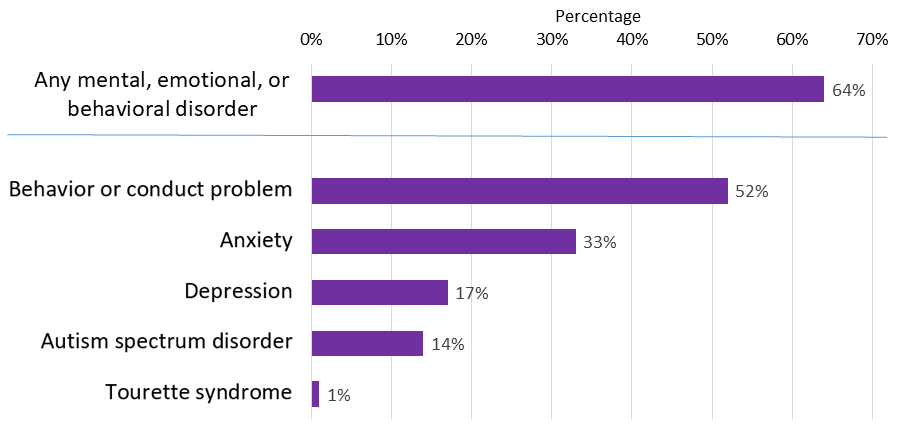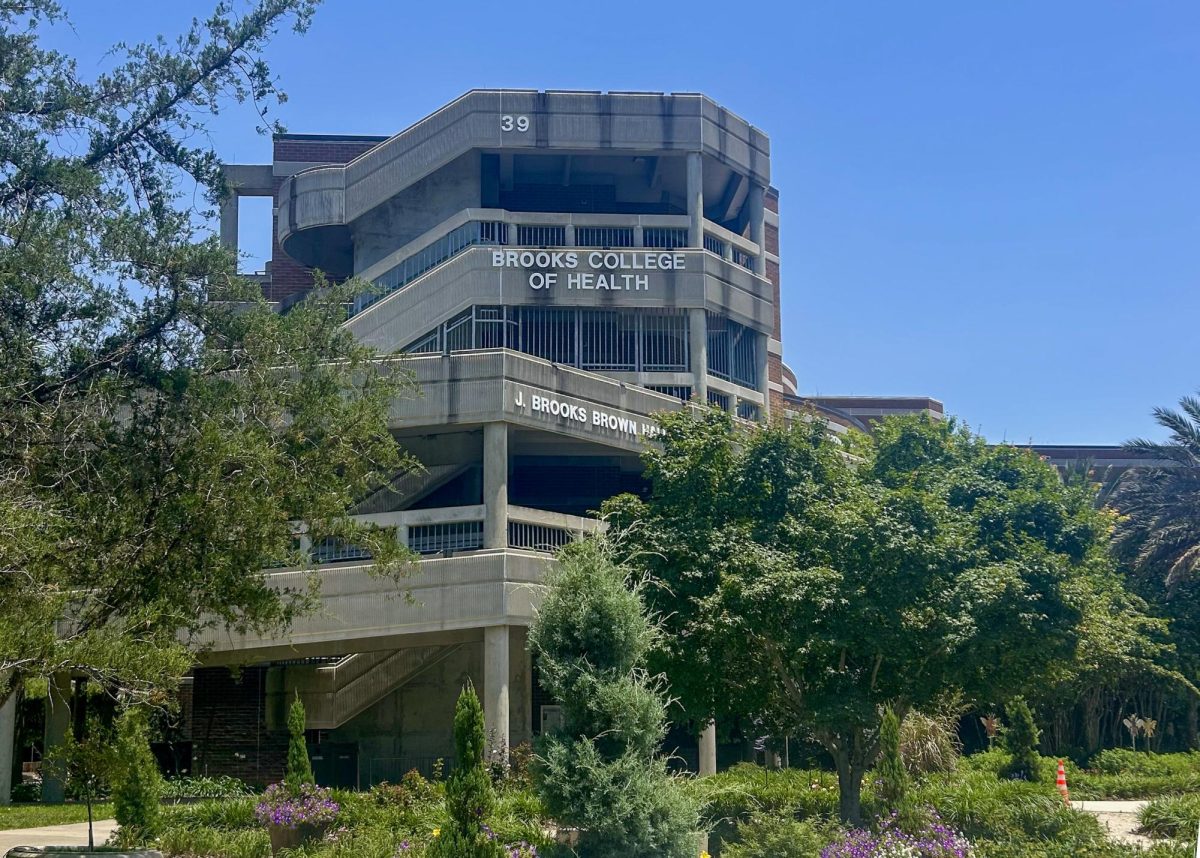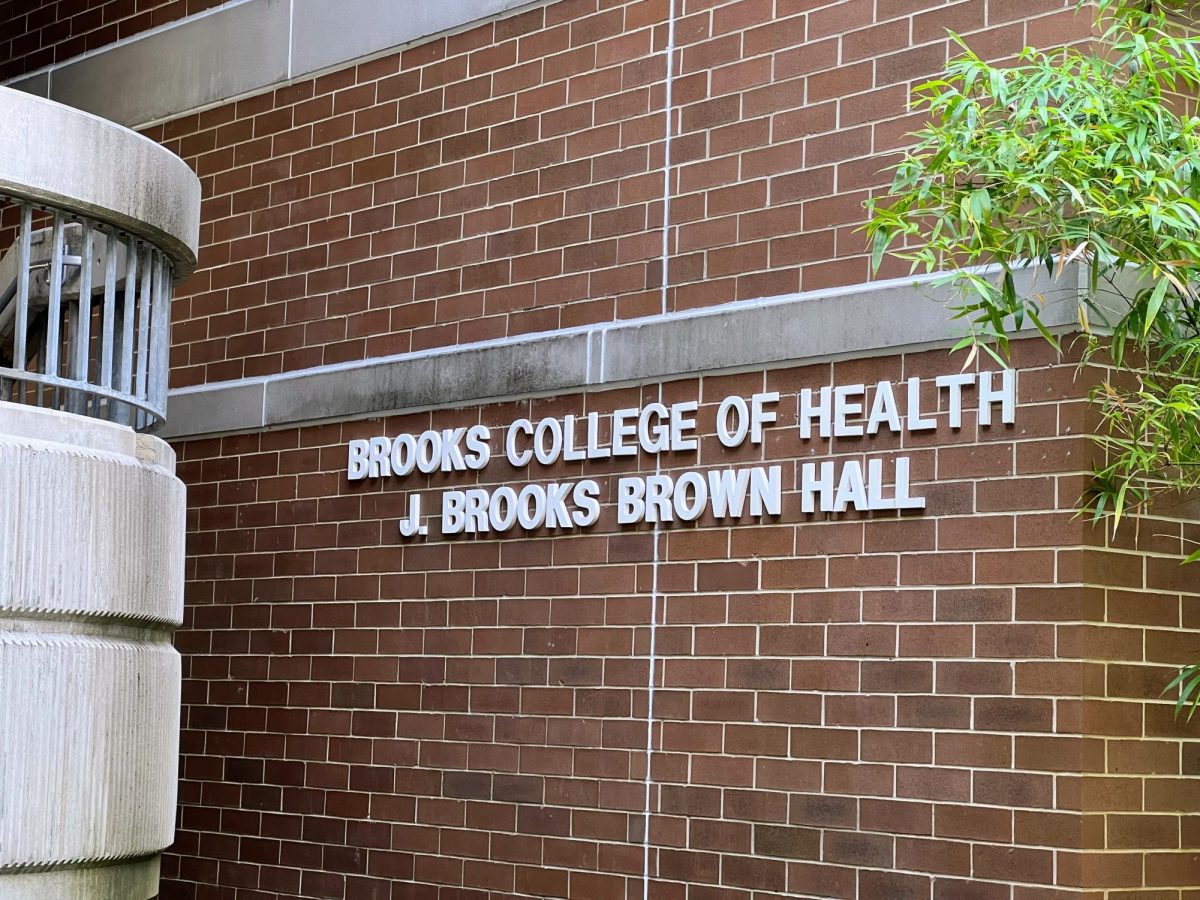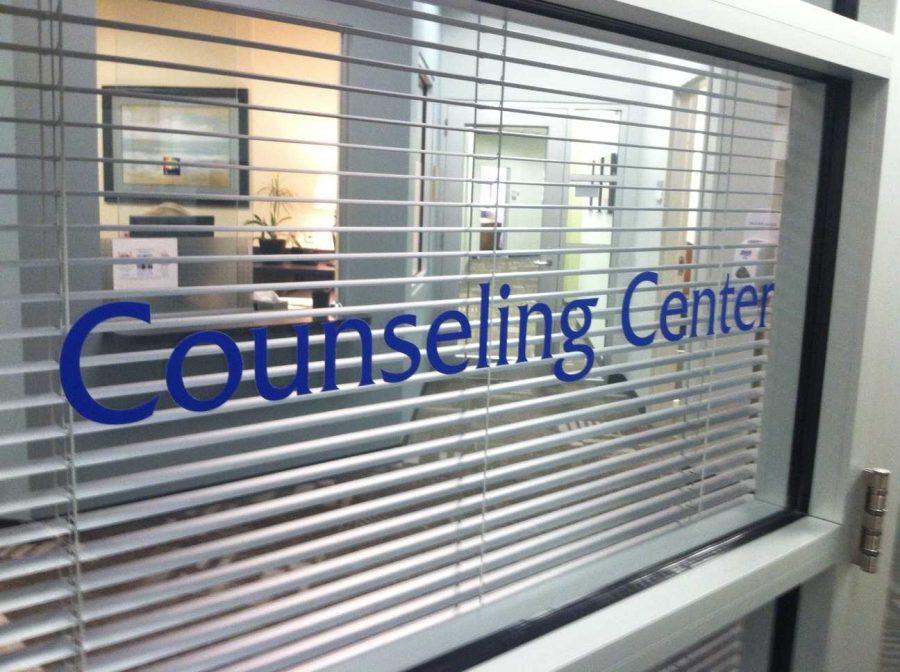Chances are you’ve heard of Attention Deficit Hyperactivity Disorder (ADHD), even if you aren’t a psychology student at the University of North Florida (UNF). ADHD is one of the two most common neurodevelopmental disorders among children, along with Autism, according to the National Library of Medicine. The Centers for Disease Control (CDC) estimates that around 10% of children have some form of ADHD. But what is ADHD exactly? And do these trends occur with UNF students as well?
ADHD is a disorder that occurs in children as their brain develops. The CDC says, “Children with ADHD may have trouble paying attention, controlling impulsive behaviors…, or be overly active.”
Traits such as poor focus and impulsive behavior are already commonplace in very young children. However, the children with ADHD might not grow out of it at all, leading to potential problems in adulthood with education and working a job.
The severity of ADHD and its effects can vary from child to child, but according to the CDC, some of the most common traits are:
- Frequent daydreaming.
- Forgetfulness
- Squirming or fidgeting
- Being overly Talkative
- Carelessness
- Difficulty resisting temptations
- Difficulty getting along with others
These effects are often more noticeable in classroom environments, hence why most diagnoses occur during childhood rather than adulthood. Some relatively young UNF students, if they have ADHD, may still suffer its effects.
The number of children and subsequent adults with ADHD, especially in younger generations, has gradually increased over the years. Why is this the case?
According to UNF Psychology Professor Dr. Tracy Alloway, this increase primarily results from greater awareness.
She elaborated on how, as time has gone on, research and understanding of the brain and how it functions in children has vastly improved, allowing for more constructive efforts in helping children with ADHD manage their symptoms.
“We are now more aware of how the brain works and we can recognize that it’s not just them behaving badly or choosing not to listen” Alloway stated.
Treatments for children with ADHD include therapy and/or medication, but it really depends on the severity of the specific symptoms of that child and their circumstances. These treatment options, if still needed, are harder to obtain as ADHD children grow into adults.
Dr. Rusty Dubberly, the Director of Student Accessibility Services (SAS), which offers aid to ADHD students, gave this statement:
“Student Accessibility Services (SAS) currently provides accommodations to 399 students with ADHD on the UNF campus….The combination of providing academic accommodations and supportive programming gives our students with ADHD the resources needed to be successful in college and their career.”
The 399 students actively being assisted by SAS are only around three percent of UNF’s total enrolled students. The actual number of students with ADHD at UNF likely lies in between that percentage, and the 10% national rate, as many students don’t have it severely to the point they need accommodations, don’t recognize they have it or don’t want to receive assistance.
Around 60% of children with ADHD are likely suffering from other mental disorders, such as anxiety, according to the CDC.

Having multiple disorders can make it very difficult for children to succeed academically in school and vocationally as they become adults if left unaddressed.
ADHD can be hard to live with, especially if a student is suffering from additional problems, but UNF has resources to help accommodate many students and their needs through SAS and the Counseling Center.
According to Dr. Dubberly, some but not all of the resources available to students through SAS are providing note-takers, testing locations with less distractions, extended exam time, and more.
SAS also offers “sessions to increase students’ skills in writing, test taking, and memory strategies, as well as note taking strategies and study strategies.” Dubberly explained how further sessions can help students with time management and careers.
___
For more information or news tips, or if you see an error in this story or have any compliments or concerns, contact editor@unfspinnaker.com.
















